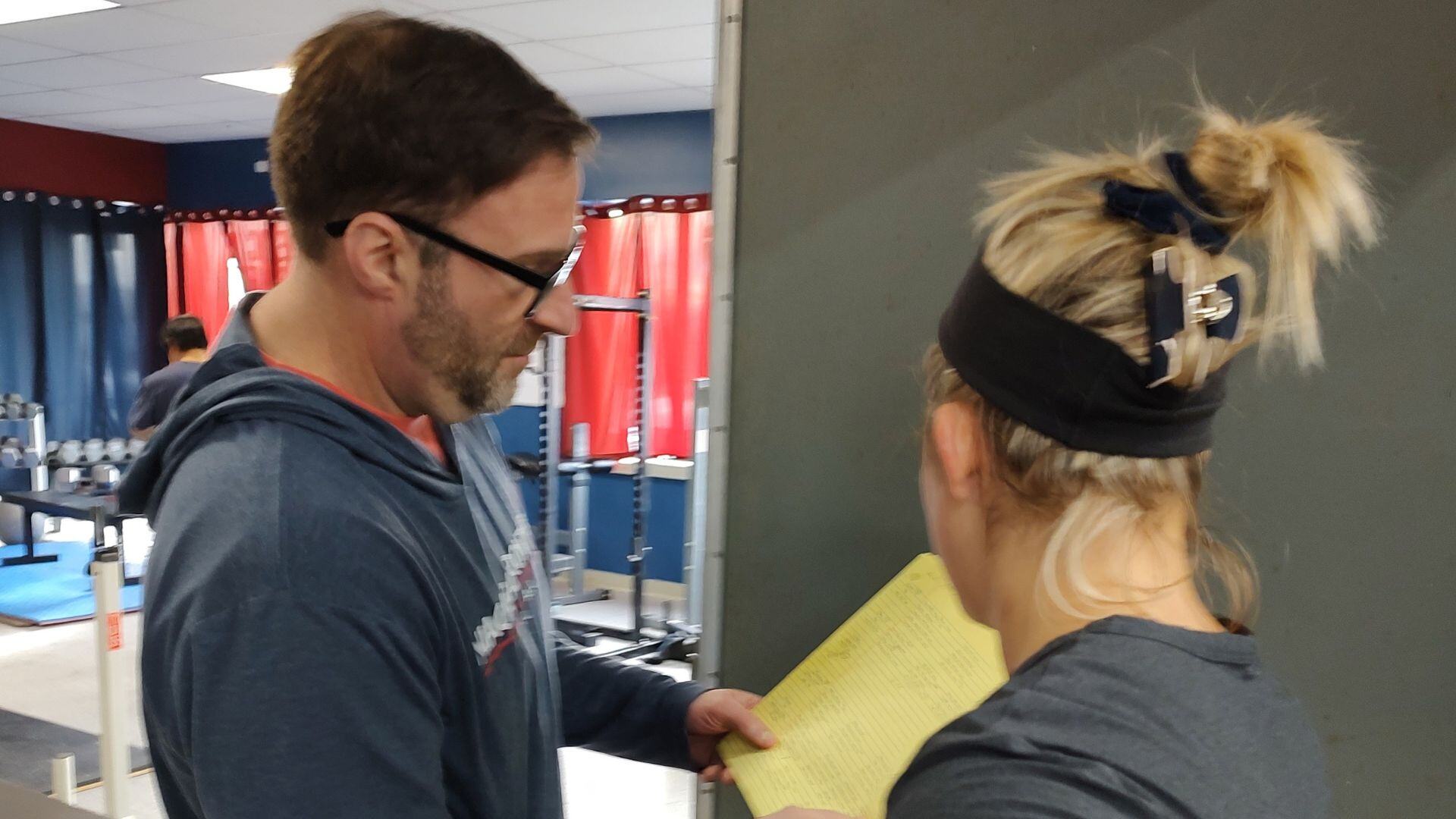
Coaching vs. Programming: Understanding the Difference
In the world of weightlifting and powerlifting, athletes have access to a wealth of resources to enhance their performance. Among these, two prominent options are coaching and programming. While often used interchangeably, these terms represent distinct approaches—and it's crucial to understand their differences to make informed decisions.
Programming: The Blueprint for Training
Programming is straightforward: athletes receive a structured plan outlining their workouts. This can range from individualized plans to generic templates, and even AI-generated routines. Programming appeals to athletes who want effective training without the burden of planning, or those targeting specific goals like increasing squat strength or improving pulling power.
When followed diligently, programming often delivers results. However, it has limitations:
Optimized Results: Without adjustments, even the best program can underperform.
Volume and Loading: Programs may not adapt to individual needs or fatigue levels.
Technique Concerns: Poor form can undermine progress, no matter how well-designed the program.
Programming is particularly suited for experienced lifters or hobbyists who already possess technical proficiency. However, for beginners—or anyone with significant technical flaws—programming alone may fall short. Even with accessory work or variations, improving technique often requires external feedback, such as video reviews and direct communication. For this reason, beginners are advised against relying solely on programming.
Coaching: A Holistic Approach
Choosing coaching means choosing a partner in your lifting journey—someone who focuses on increasing strength, refining technique, and optimizing competition performance. Coaching goes beyond writing a program; it involves a hands-on approach to guide and develop the athlete.
Key elements of coaching include:
Personalized Programming: Adjusted daily or over long-term cycles based on progress and feedback.
Technical Development: Addressing flaws with real-time feedback, video analysis, and active instruction.
Psychological Support: Building mental resilience for training and competition.
Collaboration: Regular discussions about goals and adjustments, particularly for experienced lifters.
Coaching is indispensable at all levels, from new lifters to world-stage competitors. Today, effective coaching must be individualized to focus on the best development path for you, the athlete.
Which Do You Need?
Every athlete should ask themselves: “What do I need to advance my lifts?” and “What do I need to have the best day at competition?” Additionally, it’s vital to evaluate what you’re paying for versus what you’re receiving. Too often, athletes pay for coaching but only receive programming. Understanding the distinction ensures you invest in what aligns with your goals.
Whether you're a novice looking to build a solid foundation or an experienced lifter refining your skills, choosing the right approach can make all the difference.

Author information
Leave a comment